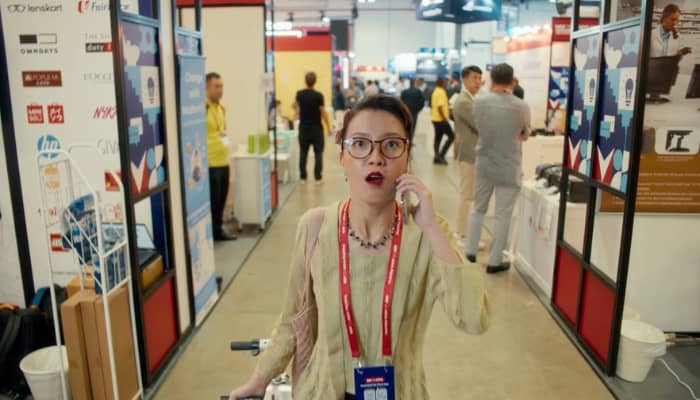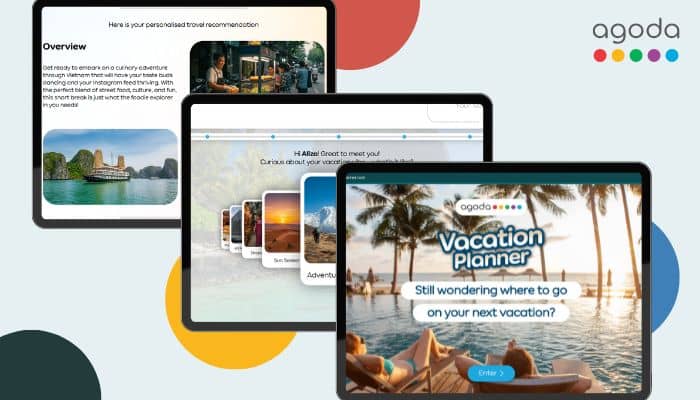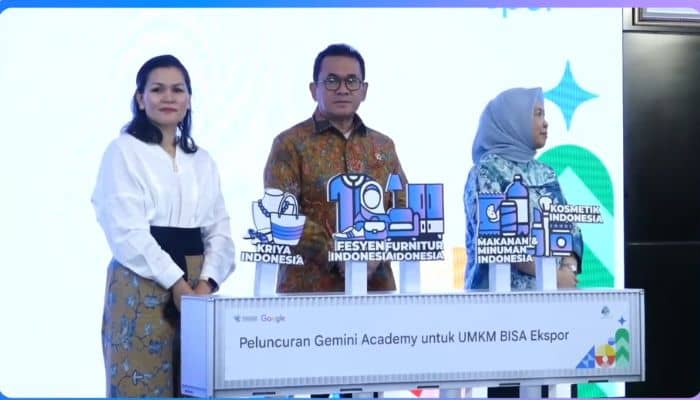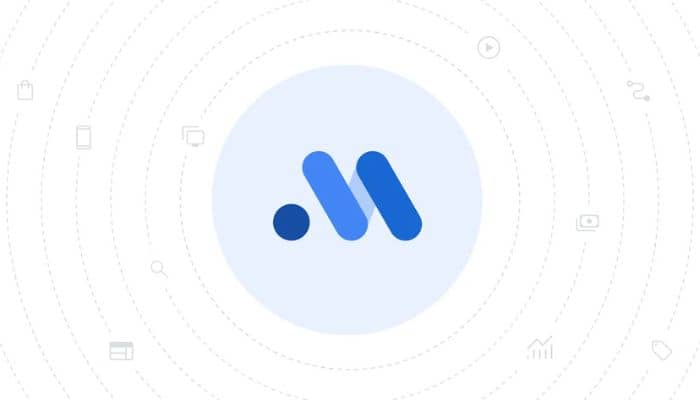Kuala Lumpur, Malaysia – Malaysia’s digital economy is poised to reach $31 billion in Gross Merchandise Value (GMV) in 2024, an increase of 16% from 2023 according to the latest e-Conomy SEA 2024 report by Google, Temasek, and Bain & Company. In it, it stated that travel rebound and E-commerce underpin growth, with Malaysia recording significant investment in AI infrastructure and amongst top ten globally driving AI search interest.
According to the report, Malaysia’s digital economy has progressed towards profitability while maintaining double-digit growth for GMV. Deeper digital participation among users, effective monetisation strategies, and the recovery of pandemic-impacted sectors are expected to drive continued growth.
E-commerce remains the largest contributor to the digital economy. The sector grew by 17% to $16 billion GMV in 2024, as major ecommerce platforms reinvest in GMV growth, paired with the rise of video commerce.
Meanwhile, online travel posted the fastest GMV growth compared to other sectors at 19% year-on-year (yoy) to reach $8 billion GMV in 2024 as Malaysia’s international tourism is experiencing a robust recovery and expected to exceed pre-pandemic levels in 2024. Spending on overseas travel has jumped 330% since 2020 as Malaysians take advantage of opportunities to travel abroad, though primarily in the Asia Pacific region, which accounted for 38% of outbound expenditures.
Speaking of travel, SEA visitors account for almost half (49%) of Malaysia’s inbound traveller spend, driven by several factors including improved air connectivity, strategic airline partnerships and a favourable exchange rate.
On another sector, food delivery and transport has grown 10% from $3 billion GMV in 2023 and to reach $4 billion in 2024. This steady growth momentum is driven by the recovery of commuter demand and international travel.
Food delivery platforms are increasingly focused on boosting profitability through new revenue streams like tiered delivery options and subscription plans, while competitive intensity remains high in ride hailing due to new player entry and expansion of existing players.
Furthermore, online media in Malaysia has shown consistent growth with its GMV expected to grow 10% from $3 billion in 2023 to $4 billion in 2024, driven by the increasing popularity of digital content, games and streaming services.
Lastly, digital financial services continues on an upward trajectory as various Malaysia’s digital banks offer compelling features and ease of access, contributing to the rapid growth of the DFS landscape. Digital payment is expected to reach $172 billion in 2024, a 5% increase from 2023, while digital wealth is expected to significantly expand and reach an assets under management (AUM) of approximately $80 billion by 2030.
It is worth noting that artificial intelligence (AI) is transforming Malaysia’s digital landscape as the government continues to place emphasis on responsible AI development and deployment through its Malaysia AI Roadmap 2021-2025 and upcoming National AI Office (NAIO) launch.
Malaysia is also among the Top 10 countries globally driving AI search interest, especially in the education, marketing and gaming sectors, with Kuala Lumpur, Putrajaya, and Selangor leading the nation in AI interest.
As more companies deploy AI to innovate, improve efficiencies and customer experiences as well as bring new ideas to life, the demand for AI infrastructure will continue to grow. To meet this demand, Malaysia has recorded a large AI infrastructure investment among SEA countries at $15 billion in H1’24. The report estimates Malaysia’s current data center capacity at 120MW and expects that to expand 5X over the coming years.
Malaysia has seized the AI opportunity through strategic initiatives like KL20, which will bolster the startup ecosystem through incentives for high-tech industries, tax exemptions on foreign investments and a billion dollars in government funding for startups in Malaysia and the region.
YB Tuan Gobind Singh Deo, Minister of Digital, stated, “As Malaysia assumes the ASEAN Chairmanship next year, we aim to be a regional champion for digital policies that are forward-looking and transformative, to promote a regulatory environment that encourages technological advancement and to nurture cross-border collaboration. The e-Conomy report serves as a powerful validation of our efforts and is not merely a report; it is a testament to the immense potential that lies ahead for Malaysia’s digital future. It is a call to action for all of us – the government, the private sector, and the people of Malaysia – to collaborate and realize our nation’s full digital potential. Let us seize this opportunity and together, build a digitally empowered Malaysia that is prosperous, inclusive, and sustainable.”
Meanwhile, Farhan Qureshi, country director for Google Malaysia, said, “We have been seeing a consistent strong growth of Malaysia’s digital economy and this year is another strong testament of the potential of Malaysia’s digital economy. With the region’s focus on AI, it’s encouraging to see the country’s leaders are putting AI and semiconductors in the country’s priority list. At Google, we are committed to further support the growth of Malaysia’s digital economy by accelerating the local workforce with AI-ready skills and tools. From equipping youths with future-ready skills in AI through Google Career Certificate scholarships to deploying Google Workspace for public officers, we are dedicated to ensuring Malaysia remains at the forefront of the digital age.”
Amanda Chin, partner at Bain & Company, commented, “Southeast Asia’s digital economy continues to do well, with continued double-digit GMV and revenue growth and a surge in profitability across sectors led by key players. Likewise in Malaysia, we see a healthy digital economy driven by e-commerce, online travel and digital financial services. As Malaysia’s DFS sector embraces digital disruption, new technologies such as AI are poised to accelerate growth. To fully harness the transformative potential of Generative AI, businesses must advance beyond experimentation and invest in foundational elements—aligning AI initiatives with core business objectives to address real-world problems and create tangible value, strengthen AI talent, and build scalable, adaptable infrastructure for sustained growth.”
Lastly, Geia Lopez, head of data, insights, and international growth at Google Southeast Asia, stated, “Investments in AI infrastructure and growing interest of Malaysians in AI technology signal a promising future for the country’s digital economy. As the digital landscape evolves, driven by strategic government initiatives, it is essential to prioritize digital security to safeguard data, maintain trust, and ensure the sustained progress of the digital sector.”










